Prime Minister Modi goes on to show that his foreign policy is driven by the need and will to make India into a formidable force to reckon with in the 21st century. He is keen to project the country as a strong Asian power – one that can take on China with ease in the field of business, opines Navodita, our Associate Editor, in the weekly column, exclusively for Different Truths.
The recent visit to Davos for World Economic Forum by Prime Minister Modi goes on to show that his foreign policy is driven by the need and will to make India into a formidable force to reckon with in the 21st century. He is keen to project the country as a strong Asian power – one that can take on China with ease in the field of business.
The start of the year saw two major invites to foreign delegates like Israel Prime Minister Benjamin Netanyahu and 10 ASEAN leaders as chief guests for Republic Day also seen as a way to strengthen the Asia-Pacific club. The CII Director General Chandrajit Banerjee told the media, “India is at the global centre stage. Expectations are huge. The world is appreciative of its efforts and wants to engage. In February, the Canadian state visit will be crucial and a huge business, the political delegation will be visiting followed by the French head of state.” Indian Ocean partnership will top French President’s trip.
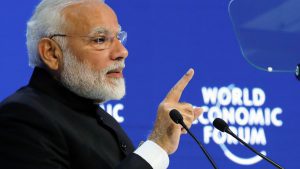 Besides the visits by foreign delegates, Modi is also expected to visit the UAE and Palestine. Possible visits to Kathmandu are also due. He will also be visiting the Commonwealth Summit for the first time in April. In June, he is set to visit China for the SCO Summit. The latter half of 2018 will also see PM attending annual meets as he is likely to travel to South Africa for BRICS Summit, Argentina for G-20 Summit. His annual meetings with key allies Japan and Russia are also due as is a visit likely by the Saudi royals. Some of the top agendas also include promoting our security in the Indian Ocean, managing our difficult neighbourhood, firmly dealing with Pakistan on terrorism, revitalising Act East Policy, strengthening bonds with US and Japan, engaging Europe and build stronger links with Gulf countries.
Besides the visits by foreign delegates, Modi is also expected to visit the UAE and Palestine. Possible visits to Kathmandu are also due. He will also be visiting the Commonwealth Summit for the first time in April. In June, he is set to visit China for the SCO Summit. The latter half of 2018 will also see PM attending annual meets as he is likely to travel to South Africa for BRICS Summit, Argentina for G-20 Summit. His annual meetings with key allies Japan and Russia are also due as is a visit likely by the Saudi royals. Some of the top agendas also include promoting our security in the Indian Ocean, managing our difficult neighbourhood, firmly dealing with Pakistan on terrorism, revitalising Act East Policy, strengthening bonds with US and Japan, engaging Europe and build stronger links with Gulf countries.
Dealing with China will continue to be a major foreign policy challenge. The competitiveness tension is constantly on the rise between the two Asian nations for influence and power. Chinese Foreign Minister, Wang Yi, said in December that China ‘disapproves’ of spheres of influence in international affairs. In the same month in Sri Lanka, a 99-year-old lease of a strategic port was granted to a Chinese company with direct links to the Communist regime. In Nepal, there has been growing number of supporters for China instead of India. A month before in November Maldives became the 2nd South Asian country after Pakistan to ratify a free trade agreement with China. Positioning himself as a global statesman, India has been projected as a soft power that is democratic, multicultural in spirit and willing to play the role of a global player. He seems to be taking the vision of ‘Vasudhaiv Kutumbakam’ (One World, One Family) and its view forward.
Modi’s fifty-minute speech at Davos touched upon cybersecurity, the digital and big data revolutions, artificial intelligence, terrorism and climate change while promoting yoga, Ayurveda and the Indian way of life. PM’s speech also comes at a time US President Donal Trump took a decision to impose tariffs on imported solar panels and washing machines as the White House seeks to create what it says is a level playing field. He emphasized that India can lead the way and offer solutions to most challenges confronting the fractured world with its guiding principles of trusteeship and harmony. India offers apt prescriptions to heal the world. While corporate India welcomed his comments, Rahul Gandhi tweeted otherwise demanding whether Modiji can explain the inequitable distribution of resources and wealth in his tenure. Modiji also focused on technology and data as the main drivers of change in future.
terrorism and climate change while promoting yoga, Ayurveda and the Indian way of life. PM’s speech also comes at a time US President Donal Trump took a decision to impose tariffs on imported solar panels and washing machines as the White House seeks to create what it says is a level playing field. He emphasized that India can lead the way and offer solutions to most challenges confronting the fractured world with its guiding principles of trusteeship and harmony. India offers apt prescriptions to heal the world. While corporate India welcomed his comments, Rahul Gandhi tweeted otherwise demanding whether Modiji can explain the inequitable distribution of resources and wealth in his tenure. Modiji also focused on technology and data as the main drivers of change in future.
He said data is a huge asset but the ‘flow of global data is creating the biggest opportunities and the greatest challenges. He also believed one has to combat terrorism. He definitely tried to woo the investors on projecting India as developing an investor-friendly climate. PM’s Davos address was appreciated by ASEAN countries because it had resonance with each one of  them given the subject the PM spoke on.
them given the subject the PM spoke on.
However, it may be said that Modiji was trying to hard sell India with his speech and rhetoric. Had India had a perfect GDP, with its economy sound and management unquestioned, Modi would not have gone such a spree of public-relations blitzkrieg. Modi’s government is still under-confident about its economic progress and the effect of GST and demonetization which may be called a ‘self-inflicted slowdown’.
While brand India was projected in the most positive light, Davos was a good platform to invite the investors which PM could have kept for a later stage at executive meetings or conferences. Modi was appreciated for his skills and expertise with which he tried to woo the investors- the business community especially came out in full support of his speech. He does seem in for a more determined financial policy ahead.
©Navodita Pande
Photos from the Internet
#GlobalGanter #GDPofIndia #PrimMinisterModi #DavosPlatform #CyberSecurity #ArtificialIntellegence #AsianNations #DifferentTruths

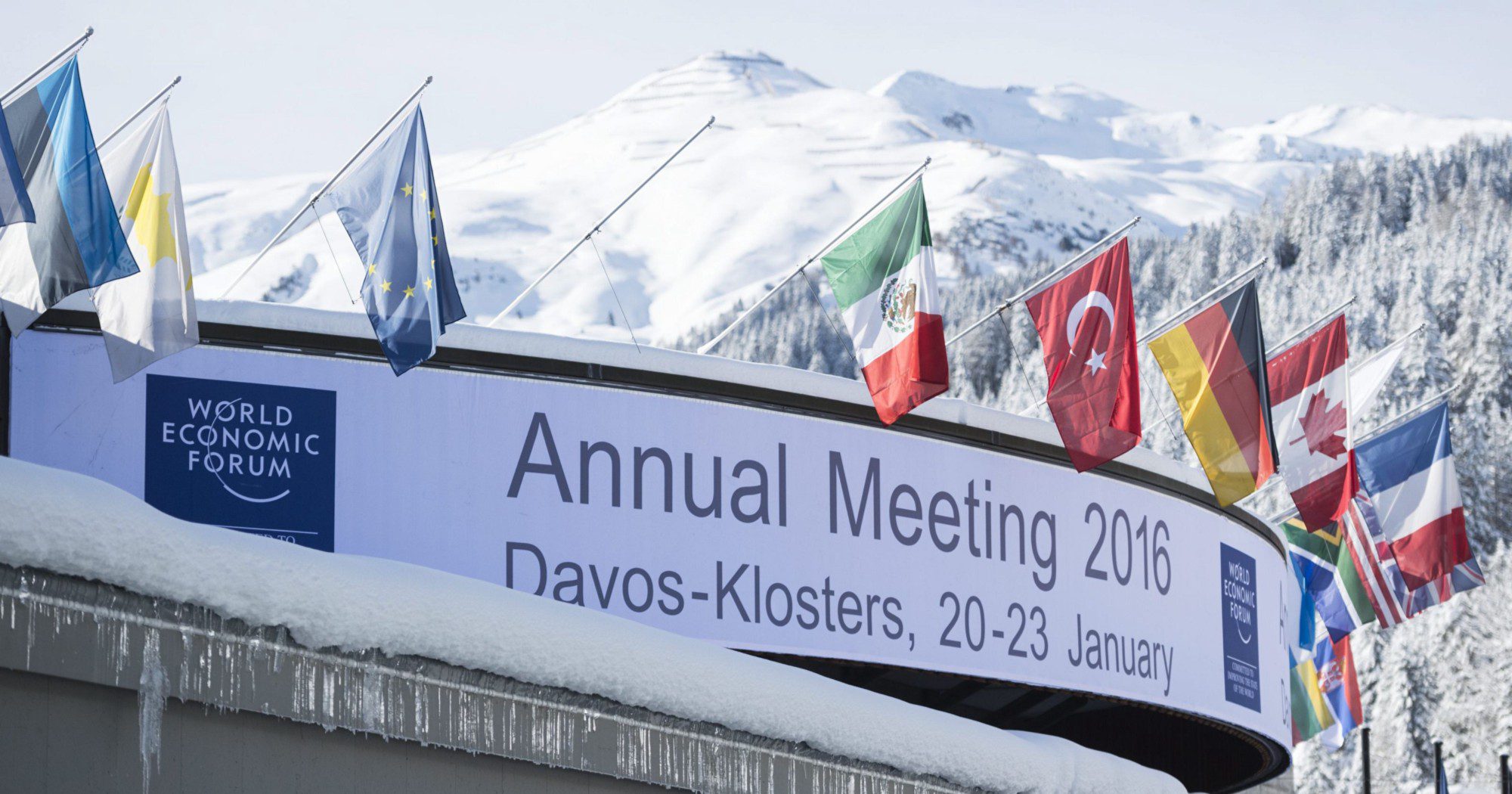
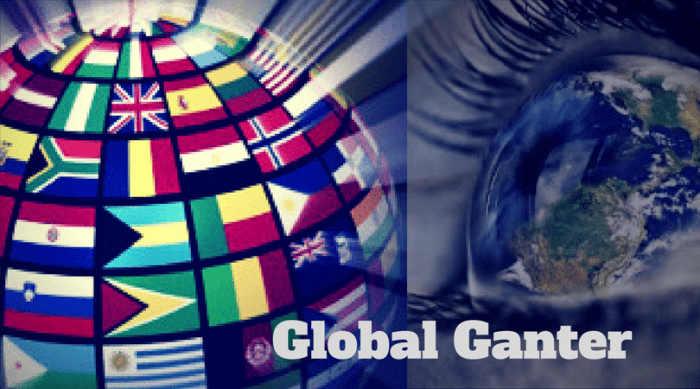


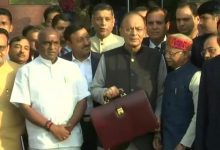

 By
By
 By
By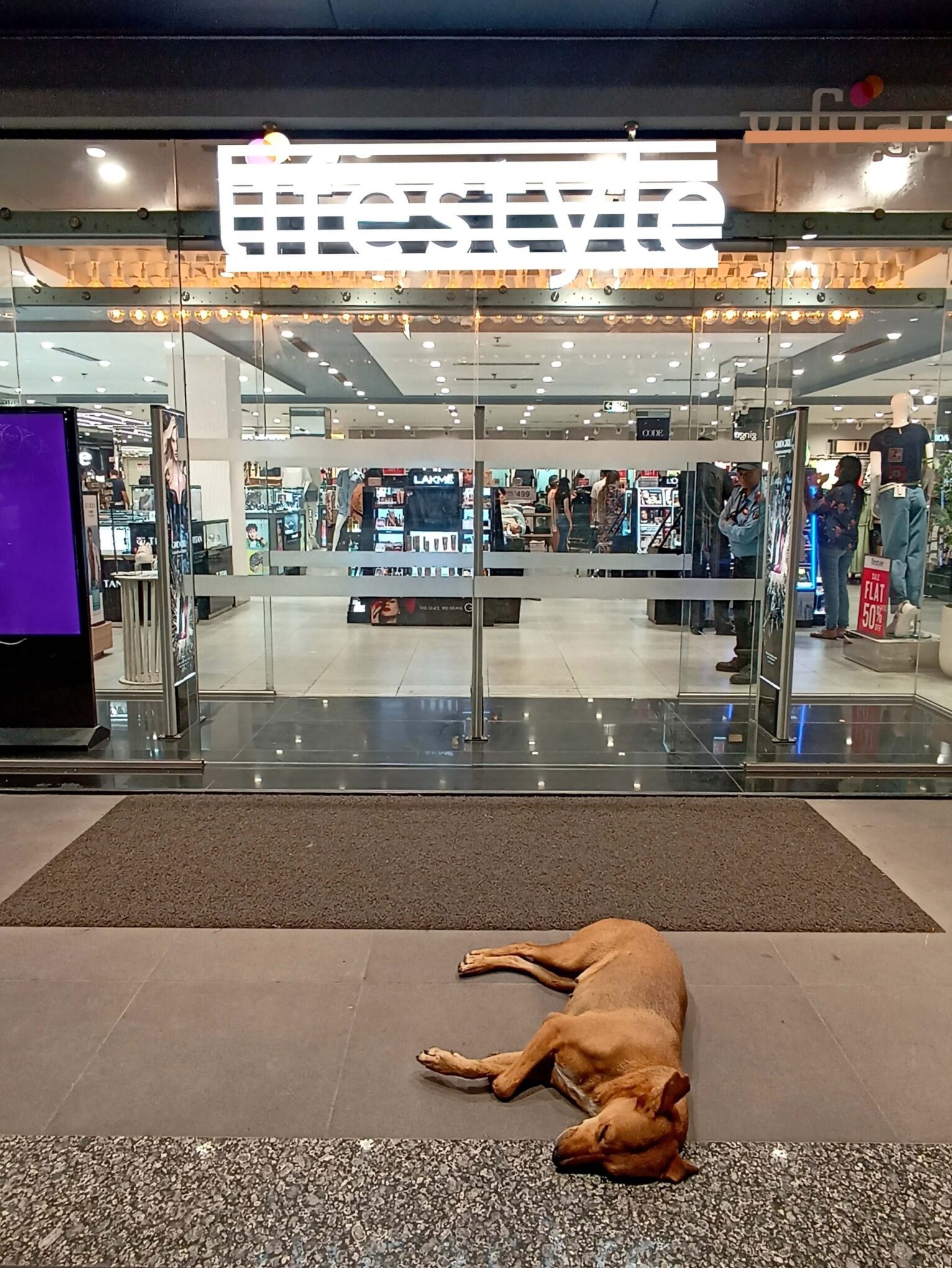
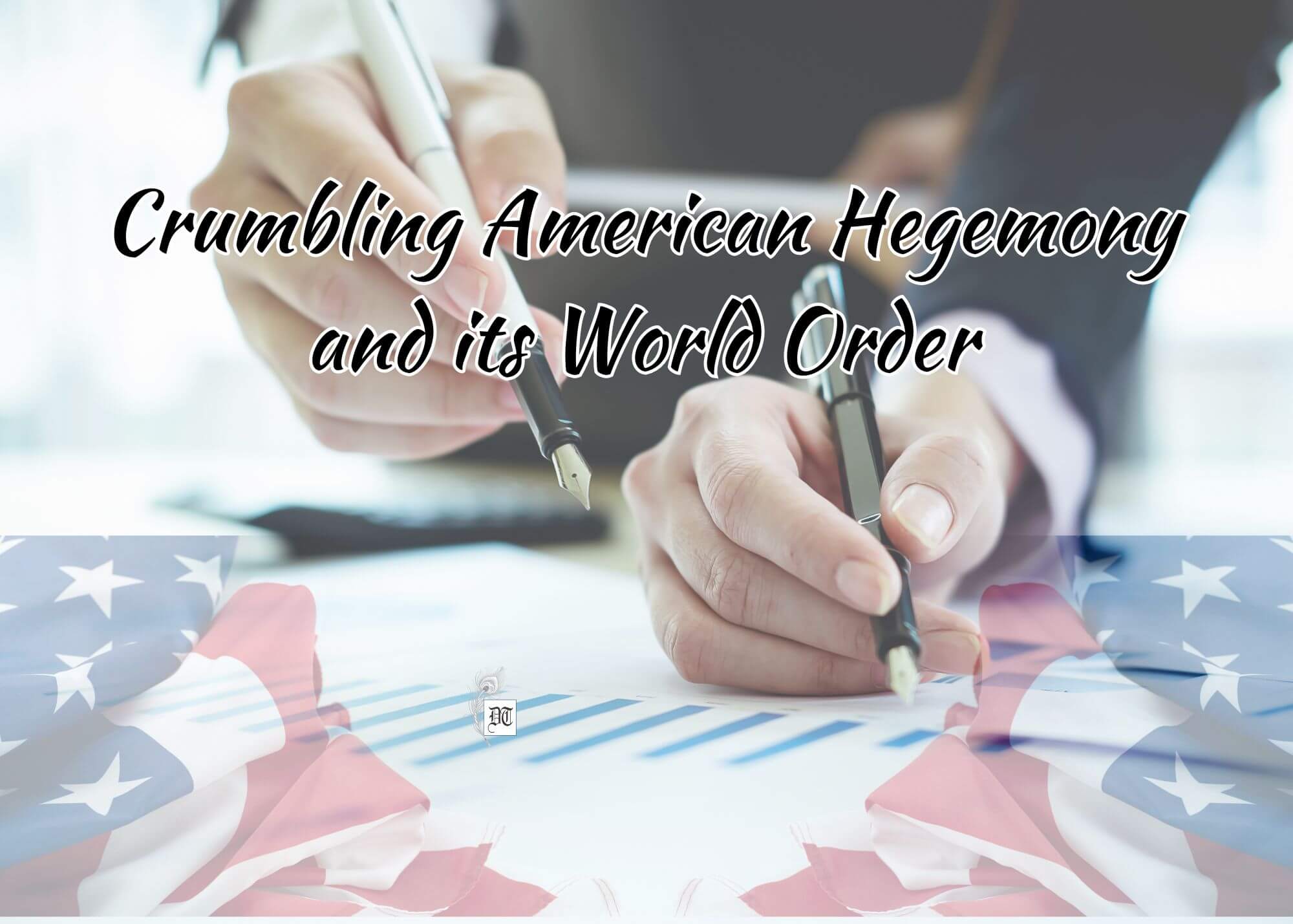
 By
By